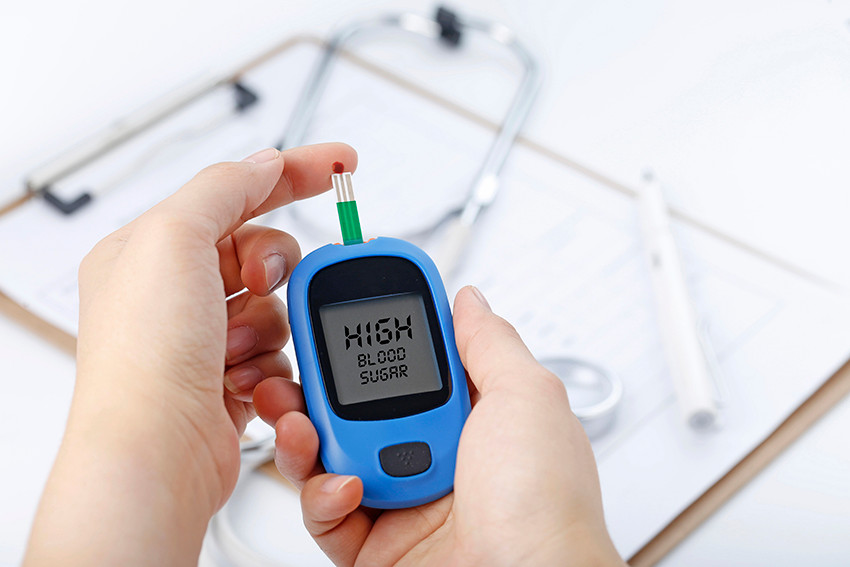Expecting mums have a lot of doctor visits, tests, and ultrasounds to keep track of throughout their pregnancy. One crucial test is the glucose screening test during pregnancy, which helps assess the risk of gestational diabetes. It is important to understand why this test matters and when the right time is to take it.
What is a Glucose Screening Test?
A glucose screening test measures the level of glucose (or sugar) in the mother’s blood. Doctors use this test to assess the risk of gestational diabetes, a condition that can develop during pregnancy. Pregnant women with gestational diabetes have an increased risk of complications, such as having a large baby, developing preeclampsia, or delivering early.
Why is it Important During Pregnancy?
Gestational diabetes can be harmful to both the mum and her baby if left undiagnosed. That’s why it’s crucial to identify any potential signs early on. Understanding the importance of the glucose screening test and taking it at the recommended time can help manage and reduce these risks.
Types of Glucose Screening Tests
There are a few different types of glucose screening tests available:
- One-Hour Glucose Test: A pregnant woman drinks a glucose solution, and her blood is drawn an hour later to measure her glucose level. If needed, a three-hour test may be conducted, with blood being drawn every hour after drinking the glucose solution.
- Three-Hour Glucose Test: This test involves more frequent blood draws and is used if the one-hour test indicates a higher risk of gestational diabetes.
- Continuous Glucose Monitoring: This advanced test provides a detailed measure of glucose levels throughout the day. A pregnant woman wears a device that continuously monitors glucose levels and records them in an app.
When Should You Take the Glucose Screening Test?
For most pregnant women, doctors recommend taking the one-hour glucose screening test between the 24th and 28th week of pregnancy. However, women at higher risk for gestational diabetes, such as those who are older or overweight, may need to take the test earlier. Women with a history of gestational diabetes might also be advised to have additional glucose screening tests throughout their pregnancy.
Steps to Prepare for the Test
Understanding when to take the glucose screening test and how to prepare can make the process smoother. Doctors usually provide specific instructions, but here are some general tips:
- Follow Fasting Guidelines: Some tests may require fasting. Make sure to follow any instructions given by your healthcare provider.
- Stay Hydrated: Drinking water before the test is generally allowed and can help with blood draws.
- Bring a Snack: After the test, you might feel lightheaded or hungry, especially if fasting was required. Bringing a healthy snack can help.
Overall, it is essential for expecting mums to understand the importance of their glucose screening tests. These tests help healthcare providers identify any potential signs of gestational diabetes, which can be detrimental to both the mum and her baby if left undiagnosed.


Zo88vn, another contender! I like the name, catchy! Haven’t used it myself, but I’m curious. If you try it, let me know what you think! Visit the official website: zo88vn
Okay, so I’m checking out bet169net.com. Looks promising. What’s the consensus? Worth signing up? Their promo sounds pretty sweet. Get in on the action here: bet169net
Alright, checked out yo88bright. Not bad, not bad at all! Seems like a decent place to try your luck. Definitely giving it a shot this weekend. Hope to win big! Check them out here: yo88bright
Yono Rummy app bet – I am a good player of this, has anyone else tried it? Is this site legit? Don’t want to get scammed and lose what I’ve won. Try it yourself at: yonorummyappbet